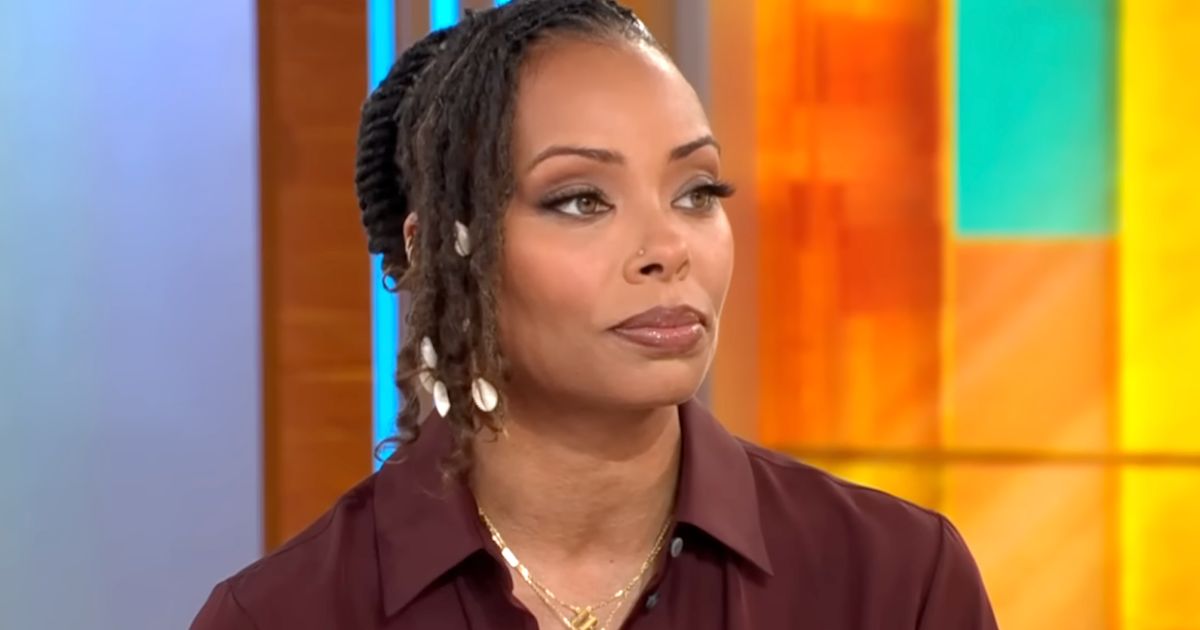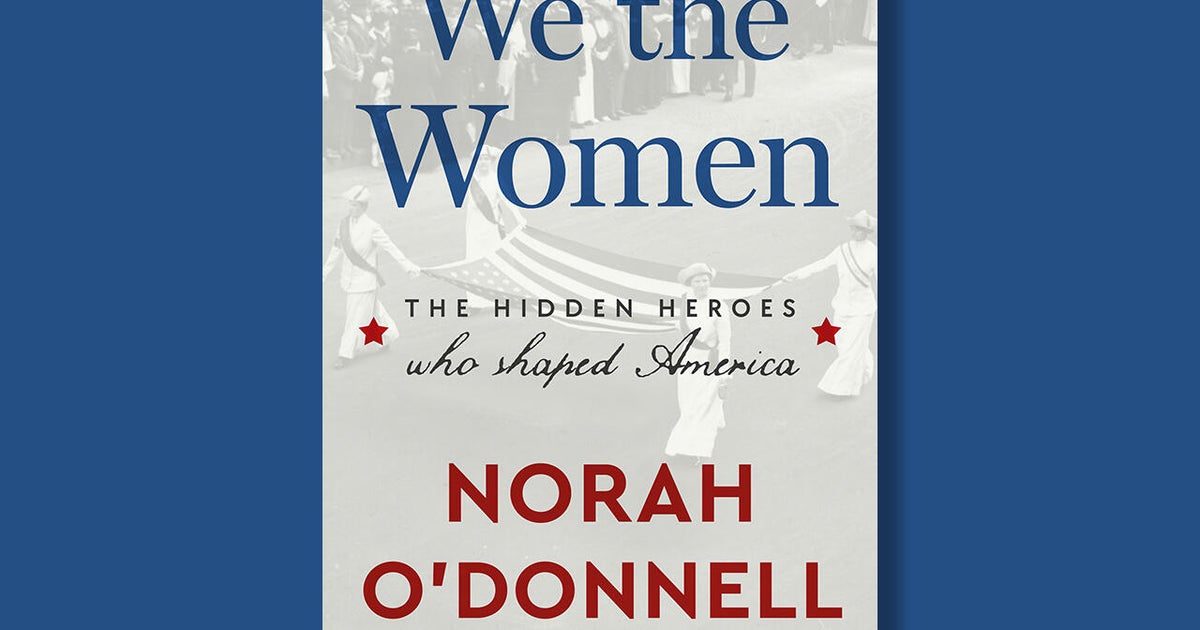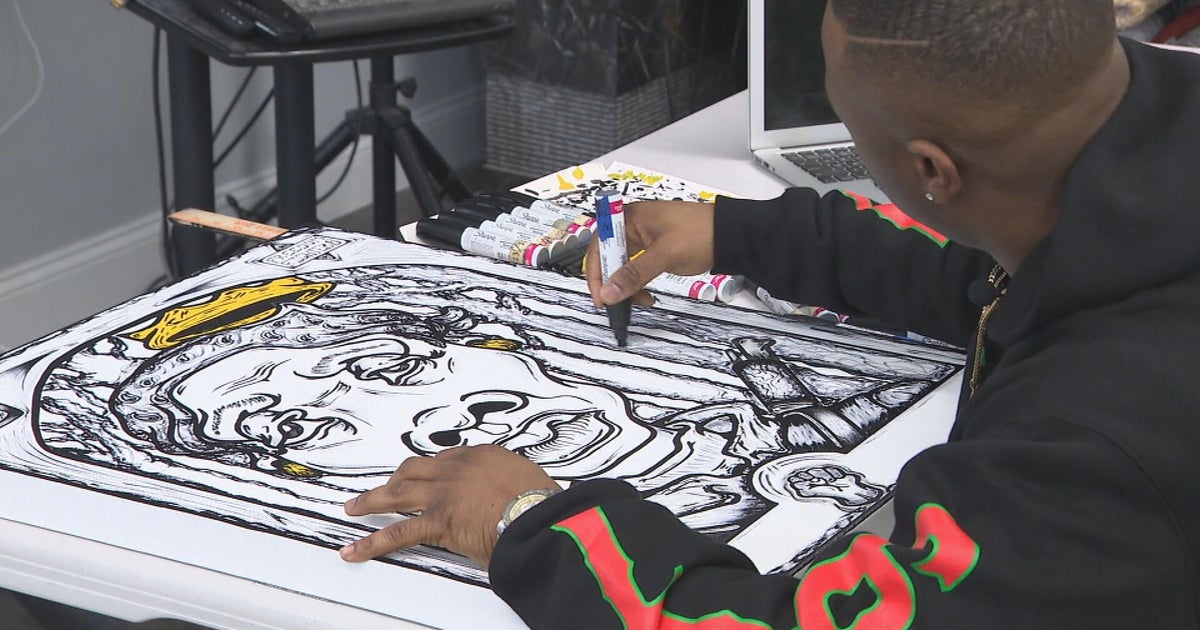To fight climate change, first "talk about it," climate scientist says
In our Ideas That Matter series, in partnership with TED, we're highlighting individuals and ideas shaping our world.
Climate scientist Katharine Hayhoe said the first step to fighting climate change is: "Talk about it."
"The majority of the people in the country don't talk about it. And if we don't talk about it, why would we care," Hayhoe said Wednesday on "CBS This Morning."
And the second? "Step on a carbon footprint scale," Hayhoe said.
"If you're going to lose weight, the first thing you do is step on the scale. If we're going to lose carbon, measure our carbon footprints online. There's lots of great resources to do that. And figure out what we can do personally that makes the biggest difference."
Examples of ways you could reduce your carbon footprint include eating less meat, line-drying clothing, using energy-efficient light bulbs, and reducing food waste.
The latest government climate assessment, co-authored by Hayhoe, warns that by 2050, heavier rainfall in the Midwest could prompt increased flooding along major waterways like the Mississippi River. It also says by 2071, temperatures in the Southwest could climb more than 8 degrees, leading to longer droughts. Additionally, at the end of the century, sea levels could rise by as much as six feet in some places, endangering more than 130 million people who live in coastal areas.
"So often we think that we have to be an environmentalist or liberal to care about a changing climate. But the reason why we care is because it already affects each of us in the places where we live. We only have to be a human living on planet Earth to care," Hayhoe said.
The reason why climate change has gotten political is due to the solutions, she explained.
"Many of us have been told that the only solutions to climate change are to destroy the economy and let the government set our thermostat. In reality, the solutions are very different. They involve getting our energy from clean sources that don't pollute our air and our water, that grow the local economy, and that help the U.S. lead in the coming century," Hayhoe said.
While President Trump pulled out of the Paris climate accord in 2017, Hayhoe said "cities, states, businesses, colleges, tribes that represent over 40 percent of U.S. emissions are still in the Paris Agreement."
"So there still is enormous forward action. DFW Airport is the first carbon-neutral airport in the country. The city of Dallas gets its energy already from clean sources, as do other towns in Texas, like Georgetown. All around the country, we are seeing changes already happening. But we do need changes at the federal level, as well, to keep up with what's happening in cities and states," she said.
Hayhoe, a Christian, said her faith is the reason she is a climate scientist. While taking a course on climate science during her undergraduate studies, she was "blown away" that climate change went beyond the environment.
"It's a humanitarian issue. It disproportionately affects the poorest and most vulnerable people here in the U.S. as well as around the world," Hayhoe said. "So I thought to myself, how can I — who believes that we are to love others as we've been loved ourselves by God — how can I not do everything I can to give people who do not have a voice the voice they need to help us fix this problem."
Watch Katharine Hayhoe's TED Talk here.



